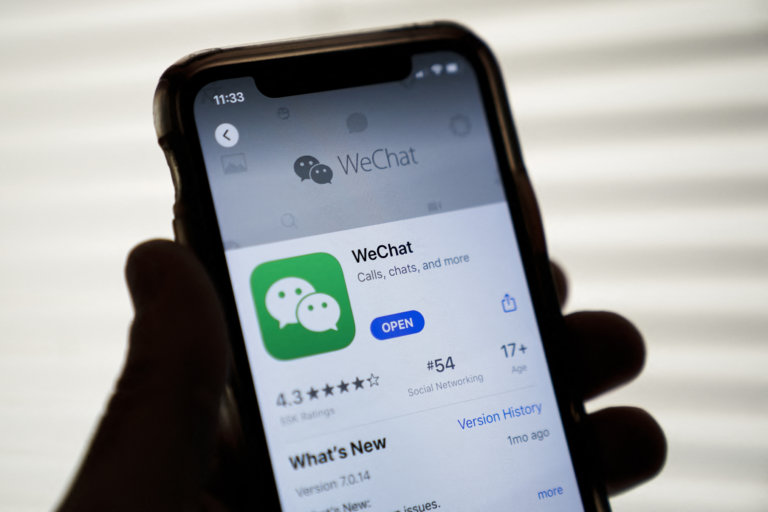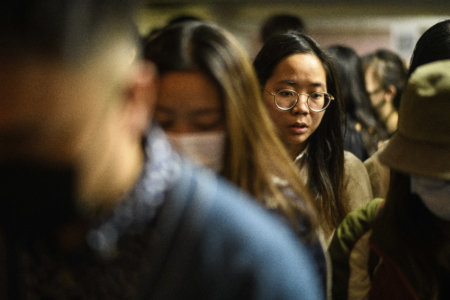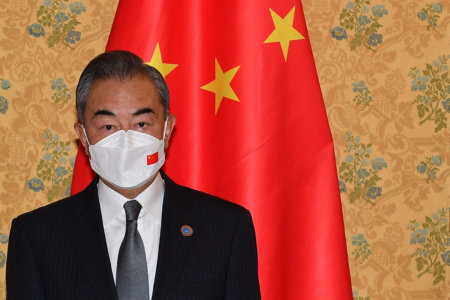
Imagine having a large following on social media and earning enough revenue to fully make ends meet on the platform, and having all that hard work diminished overnight. In the latest saga of India-China news in higher education, Indian students now report distress over their country’s ban on Chinese apps, which took effect in June 2020, according to China Daily.
Citing national security concerns, the Indian government has banned more than 200 Chinese apps, including popular social media and messaging platforms such as TikTok and WeChat. The effect is damning for Indian students, even for those who are not enrolled in Chinese universities.
“It was not easy to see the app go offline almost overnight,” a student and content creator named Gauri told China Daily. Prior to the ban, she had over six million followers on TikTok. “It was extremely painful, because it took a lot of hard work to build a follower base.” Her anguish is shared by Ravi, a dancer from an impoverished family in Uttar Pradesh, who had been earning his living on the app with seven million followers to his name.

A product of a Chinese company, the popular social media app TikTok has been banned in India, effectively cutting off revenue for many student content creators in the country. Source: Wakil Kohsar/various sources/AFP
The situation is dire for Indian students who have been locked out of China since March 2020, who now face additional barriers in communication. For over two years, they have had to settle with continuing their education entirely online, punctured by issues of poor connectivity and ineffective remote learning. The app ban worsened their experience, as Chinese universities typically use local apps such as WeChat, QQ, and Youku for communication — all currently blocked in India.
Some students report not being able to access their online classes at all, while others had to go to extra lengths to attend their lessons. “Connecting to a VPN to access these apps slows the system. As returning to offline classes is not possible at present, lifting the ban on these apps could at least provide some relief for us,” Nagmani, a student of Jinan University in Guangzhou, was quoted saying in China Daily.

Indian students stuck out of China have no choice but to do their clinical training in local and private hospitals, which is currently not recognised under the national medical board. Source: Sam Panthaky/AFP
The latest in India-China news: No word yet on a return despite ongoing campaigns
There are currently around 23,000 Indian students locked out of China, most of which are medical students who stand to lose everything if no headway is made in their academic limbo. The frustration has boiled over into various online campaigns through Twitter with hashtags such as #SaveIndianSudentsOfChina and #TakeUsBackToChina.
On the ground, Kerala-based medical students enrolled in Chinese universities took to the streets and staged a protest outside of the state’s secretariat building, demanding recognition for their clinical training. The National Medical Commission (NMC) had previously announced that medical degrees obtained outside of India without in-person practical training will not be recognised in the country.
Many are doing their clinical training in local hospitals, but the NMC has not made any confirmation to acknowledge their medical degrees as “valid” even if they have completed all components of their studies.
Despite back-and-forth talks between Indian and Chinese officials, no clear directive has been given to greenlight Indian students’ entry into China. Chinese Foreign Minister Wang Yi was quoted to have “assured” India’s Foreign Minister S. Jaishankar of forwarding the issue with higher authorities in Beijing, but no word guaranteeing a return have resulted since the statement was given.
The uncertainty is doubly frustrating, since a small group of students from Sri Lanka and Pakistan are slated to enter China to resume on-campus studies. India responded by suspending approved Chinese tourist visas, barring Chinese citizens from entering the country. The new directive excludes those travelling on a business, employment, diplomatic or official visa.










